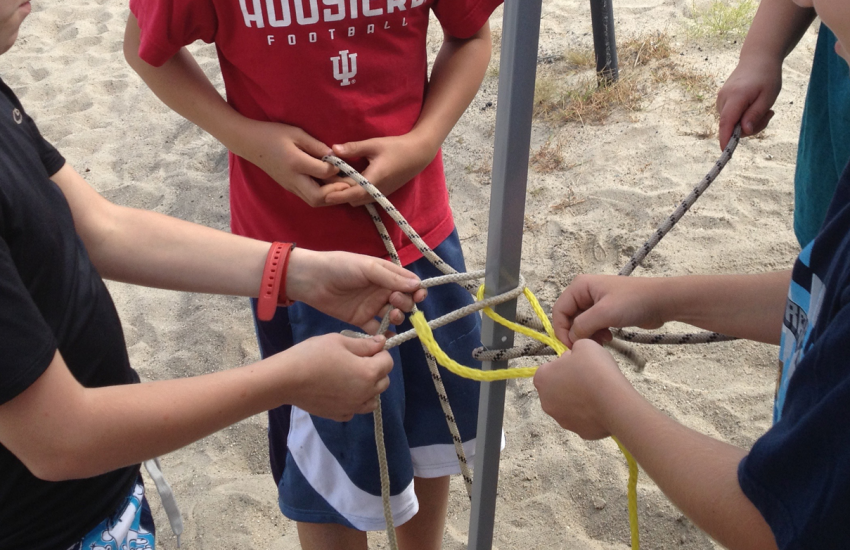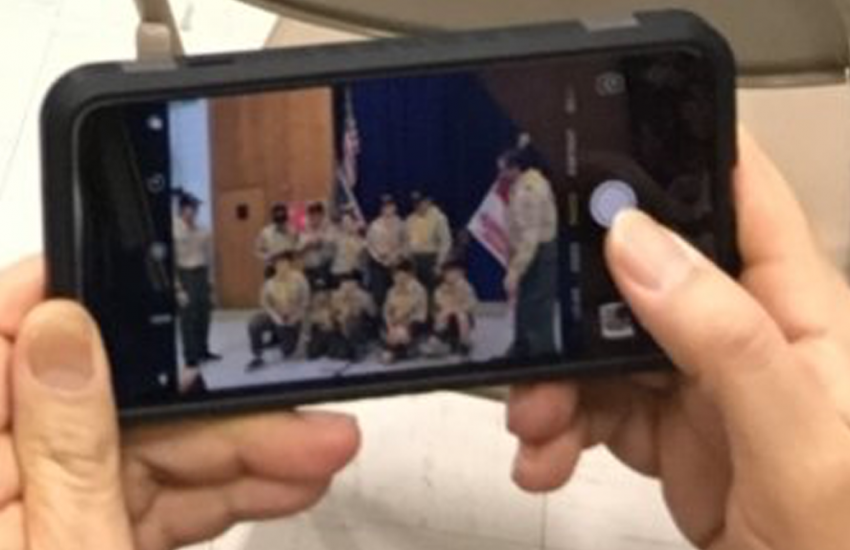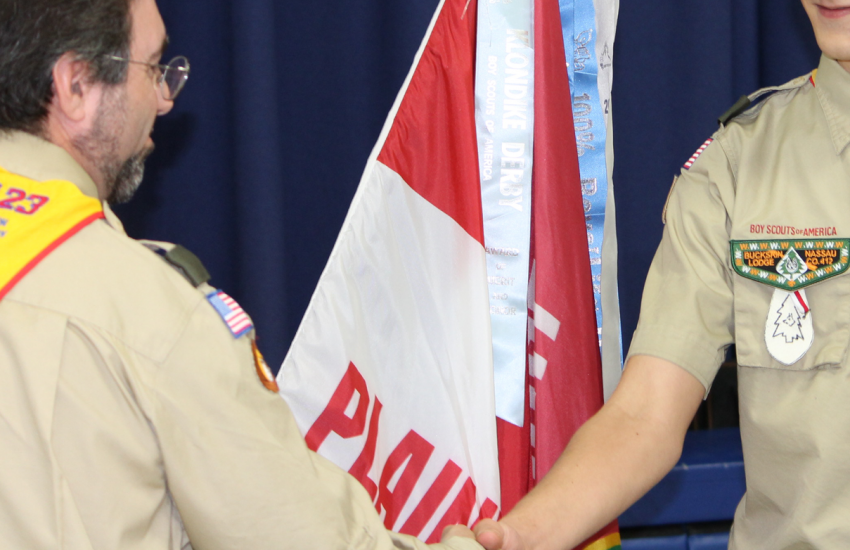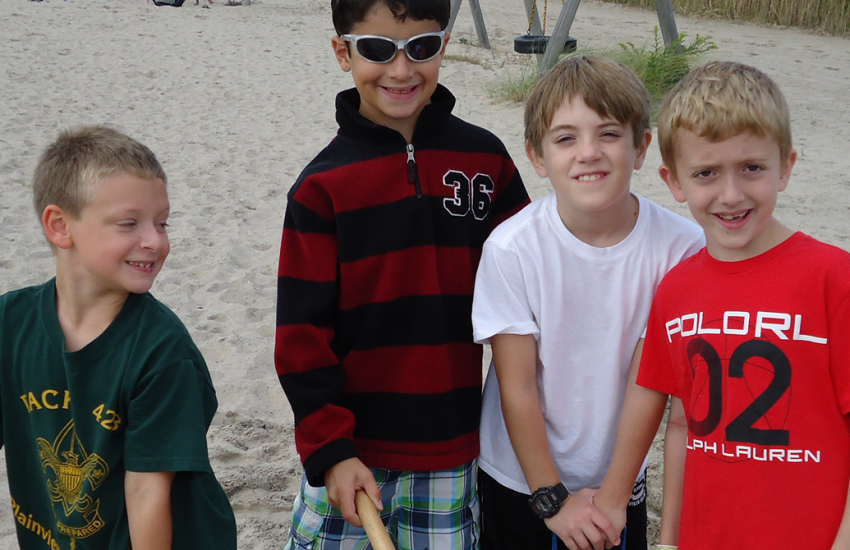Practical service and program patrols for Boy Scout Troops.
Show Notes:
- Troop and Program Features (BSA PDF download)
- Bryon on Scouting: A beginners Guide to the patrol method
Transcript:
Service and program patrols allow you to give segments of responsibility to individual patrols to help the overall troop.
In our troop service and program patrols follow clear guidelines on what is expected.
Service patrols need to get the meeting started by pulling out the troop flags and stand, organize the flag ceremony, and lead the troop in the pledge, followed by the scout oath or scout law. At the end of the meeting the service patrol closes the meeting with whichever ritual they did not do at the start of the meeting. If they started with the oath, we end with the law. They are also responsible for putting everything away at the end of the meeting.
This little set of rituals force the patrol to work together as a team, because if they don’t it’s right center stage in front of everyone. It also gives them practice with the oath and law, general flag ceremonies and also helps with some organizational skills. In my troop, we trade out each month, so the service patrol will get usually 4-5 shots at it in their time at bat.
The Program patrol is a little different, but accomplishes the same general goal of having the boys within a patrol work together to solve a problem. In this case, developing what they are going to accomplish during the meeting.
If they are unprepared, it shows, and we call them out on it. These patrol jobs are assigned way back in the summer, so they boys know long in advance, and if the Senior Patrol Leader is doing his job, can get in front of any problems, but that’s a topic for another video.
The program patrol needs to come of with a learning opportunity based on the yearly theme. If you are not familiar it’s a big book with tons of program helps that most of the boys have forgotten looking through in August.
In its’ best case the weekly meeting includes some sort of scout skill that gets demonstrated and then acted on by the boys. In its worst, boys read out of the book.
Our troop has a range of scouts from 10 years of age to 17, so if they get bored, the younglings will let them know it, so book reading is kept at a minimum, but this is what works for us.
Take what you like and leave the rest, and as we say in Woodbadge, feedback is a gift, leave yours below in the comments, with the hope we can all learn together.
I’m Scoutmaster Dave, and this was service and program patrols.




